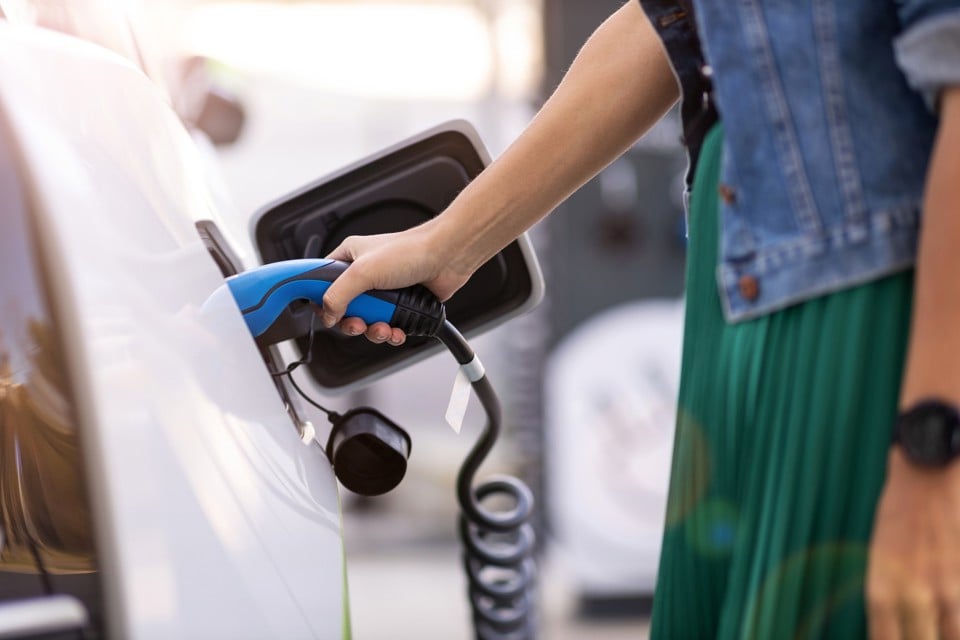The pace of electrification is quickening, with fleets expecting to be just operating battery electric vehicles (BEVs) within four years, according to a new Lex Autolease survey.
It suggests that the Government’s decision to push back ending the sale of new petrol and diesel cars from 2030 to 2035, has not dented the fleet sector’s enthusiasm for electric cars.
The latest Future of Transport report from Lex Autolease, shows that the majority (86%) of fleets questioned said they had maintained or increased the number of EVs in their fleet over the previous 12 months, up from 66%.
The bi-annual research, which surveys 100 UK fleet managers operating more than 100 cars, reveals that they expect to have purely electric fleets within an average of four years, down from seven years in the previous survey.
Nick Williams, managing director at Lex Autolease, said: “Businesses continue to lead the way in the UK’s electrification journey, remaining dedicated to the adoption of cleaner and greener vehicles despite significant changes to Government policy.
“This is largely because they are unwavering on their own commitments.
“Switching to electric is helping them to make progress towards their sustainability targets, boost their green credentials for competitive tenders and enhance their propositions for current and prospective employees.”
The Future of Transport report, which is designed to provide an in-depth insight into the experiences, opinions and intentions of UK drivers and fleet managers to understand how the way we travel is changing, found that the delay to the ZEV mandate had little impact.
Almost two-thirds (64%) of the respondents said they are now more likely to consider EVs or increase the number in their fleets following the delay, compared to 23% who are now less likely.
Barriers to EV adoption endure
The proportion of fleet managers that agree policy makers are doing enough to enable the universal uptake of EVs among businesses has increased by 11 percentage points to 57%, from 46% in the previous research.
However, barriers to adoption endure and fleet managers feel that additional Government support would allow them to invest in EVs with greater confidence.
The research found the availability of second-hand vehicles (21%), charging times (21%), charging point availability (20%), the logistics of installing charging points at home (20%) and poor engagement from staff (20%) to be the top five factors preventing businesses from switching or investing further.
When asked about policy changes they would like to see, additional investment for installing on-site charging infrastructure (24%), funding for on-road infrastructure for home charging (23%) and further tax reductions for businesses based on EV adoption (22%) were the top three asks for Government.
“Barriers remain, and further action is still needed to help fleet managers make long-term purchasing decisions and generate universal confidence in making the switch,” continued Williams.
“A rapid and fair charging infrastructure roll-out, an enduring commitment to the ZEV mandate, clarity on Benefit in Kind rates beyond 2028, better information for would-be EV drivers and a new national battery strategy must be the top priorities.”
The previous Future of Transport report, which included research of 100 UK fleet managers managing fleets of 100 vehicles or more, was published in July 2023.






















Lloydy1980 - 20/03/2024 13:42
The reason (and this is the ONLY reason) people are in EVs is because of the tax benefits, even Hybrids now attract stupidly high BIK rates. If the general public were buying with their own money, they would NOT be EVs!